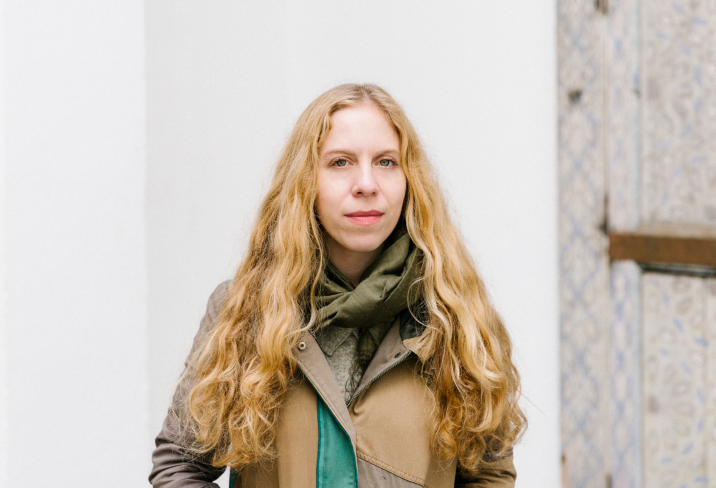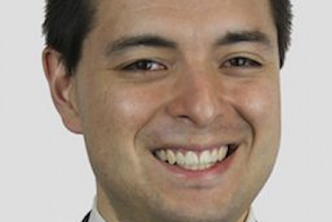In the current political climate in the United States, much attention has been paid to the role of the press in our increasingly polarized society and to what extent it exacerbates or mends divisions. While the majority of that analysis is focused on national politics and news outlets, the role of local media and the crucial role it plays in civic life has been often neglected in the wider debate. In this thesis, I argue that local journalism is critical as a tool for informing citizens so they can be civically engaged and hold the powerful accountable, as well as keeping communities together.
Methodologically, this thesis seeks to incorporate the worlds of both media theory and journalism practice. To understand the role local news plays in society, I utilize various theoretical frameworks, but particularly that of James Carey and his explanation of the “transmission” and “ritual” functions of communication. In my more expansive understanding of these theories, I suggest the transmission role encompasses the ways in which local journalism informs citizens on matters of public interest so that they can participate in democracy and keeps the powerful in check. The ritual model highlights the often-ignored but significant manner in which local media serves a vehicle for community identification and maintaining societal bonds.
After explaining the decades-long economic decline of the local media industry, I survey the various projects and experiments in the fields of journalism and philanthropy that are seeking to revive or at least prevent local news outlets from disappearing. In the final chapter, which is based on my field research and uses a style of journalistic reportage rather than academic writing, I profile several new local news initiatives in West Virginia and Kentucky. While these projects are too recent to yet offer any definitive results, I conclude with some initial takeaways and a discussion of possible metrics to measure their success in the future. As a final note, I argue that the various sectors working to save the news industry from economic collapse, restore trust in the media and combat political polarization and strengthen democracy should consider focusing their efforts on sustaining local journalism as a means to address all three.





